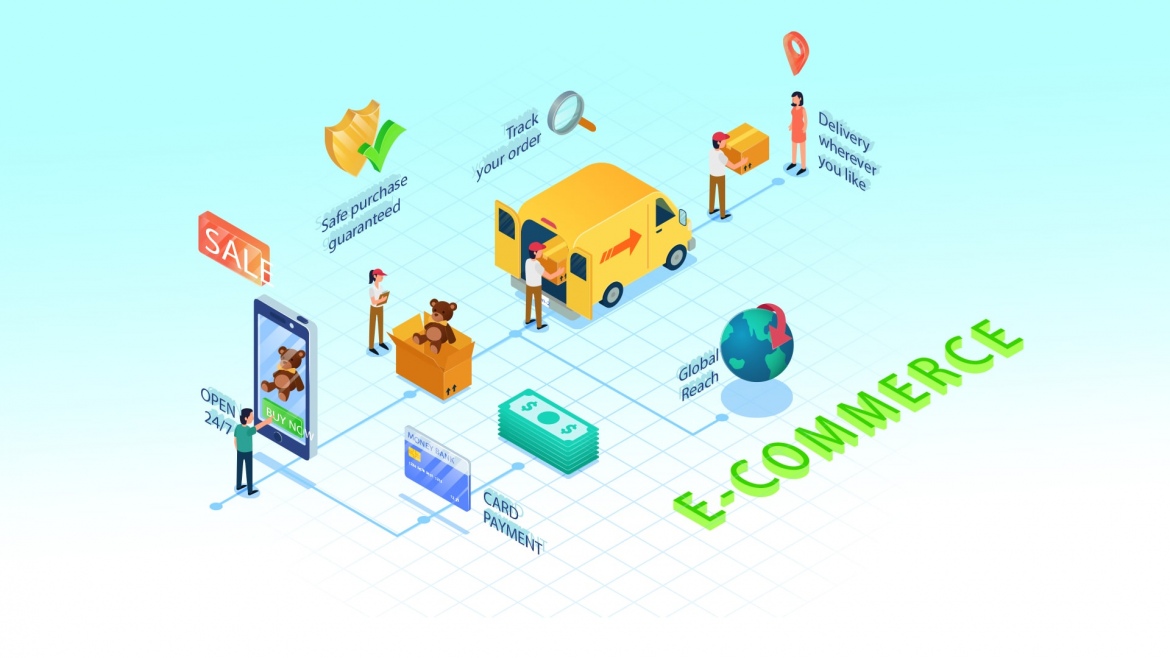So you are planning to start your dream e-commerce business and are stuck on how to begin it? You have questions like what does a business model means and how to choose one for your business? Well, if these are the questions pondering in your mind, then don’t worry, you have come to the right place.
Business models are crucial for both startups as well as established businesses. Your journey to success starts with determining which model best fits your business niche, assets, and capabilities.
There is a simple way to determine what e-commerce business model would be the best to turn your business profitable.
First things first, you must decide what exactly you want to sell on your e-commerce website. Is it a physical or digital product or a service that you would like to offer? The next thing you have to determine is who you want to sell your products/services to. To customers or other businesses? And, lastly, determine how you will be delivering the products- trust us, the options are limitless.
It is essential to choose an appropriate e-commerce business model that fits your business ambitions as it will eventually decide your survival. Keep on reading this post to know what are the different types of business models and what each means.
What are the different types of e-commerce business models?
There are four common types of business models in e-commerce that will help you determine your target audience.
The most common businesses models well known by their acronyms are as below:
- B2B (business-to-business)
- B2C (business-to-consumer)
- C2C (consumer-to-consumer)
- C2B (consumer-to-business)
Let us understand in detail what each model means:
1. Business-to-business (B2B)
The Business-to-business (B2B) e-commerce model means the selling of goods and services between two businesses. This business model is suitable for manufacturers, wholesalers, and distributors that sell their products in bulk to other businesses that then retail them to their customers.
A huge number of these transactions are typical in the supply chain that includes the exchange of raw materials. One business sources raw materials from another business to manufacture products to sell to customers through the business-to-customer model approach.
2. Business-to-consumer (B2C)
The B2C business model is quite prevalent in the e-commerce business that we are very well familiar with. In B2C, e-commerce businesses sell their products and services directly to customers. While B2B can be a bit intimidating, the B2C business model has a simple and straightforward approach.
B2C deals with a large audience base; thus, it is crucial for businesses to have this model to prioritize sales and marketing tactics like SEO, social media, ad targeting, and email marketing.
3. Consumer-to-consumer (C2C)
C2C business models include transactions between two or more customers. The C2C business model is controlled by a third-party business that allows individuals to buy, sell and exchange products or services on their platform. These platforms that connect customers gain profit by charging a minimal fee to customers for listing their goods. All the transactions and quality control are taken care of.
4. Consumer-to-business (C2B)
C2B is a lesser-known model as compared to B2B and B2C. In the C2B model, customers sell products and services to other businesses. C2B businesses typically include Freelancers and Gig workers; for example, Upwork has a C2B business model.
Wrap-UP
Technological advances like e-commerce have entirely transformed the way businesses and customers operate today. Understanding which e-commerce business model best fits your business ethics and approach will help you achieve your goals. Once you identify your e-commerce business model, you will already have a distinct advantage over your competitors and increase your chance to be on the top.

